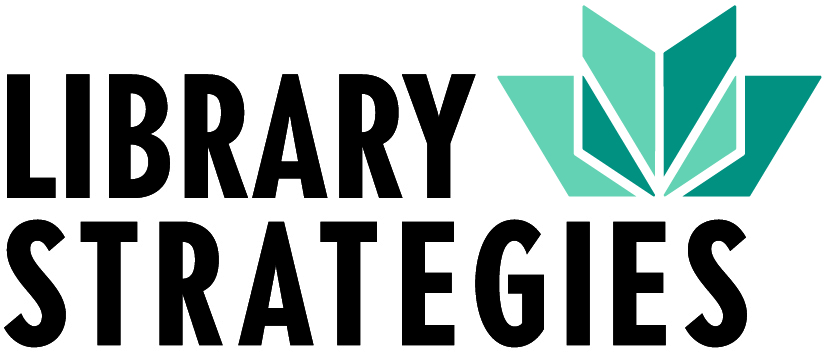All About Library Boards with Lynda Reynolds
This month we’re continuing our exploration of trustee boards with Lynda Reynolds, the Public Library Management Consultant at the State Library of North Carolina. In her position she develops resources for trustees, library directors, and Friends. She previously worked for 17 years as the director of the Stillwater Public Library in Oklahoma.
Library Strategies: Who, ideally, is ON a library board?
Lynda Reynolds: Ideally, a board member is someone who is willing to make a commitment of their time in serving their community and is willing to support the library’s vision and mission and does not have their own agenda. The board member does not have to previously been a library user, and sometimes having someone who has not previously used the library brings a fresh perspective to the board. However, once they are on the board, they should fully support the board by getting a library card, visiting and using the library resources, and attending programs. They should also be willing to attend other community events and government meetings as a representative of the library board.
Trustees have different professional skills they can bring to the board- financial, public speaking, networking- and these should be looked for when recruiting new board members. It is also important to have diversity on the board to ensure the board is representative of the community it serves. I have suggested to trustees they look at the community demographics and ask themselves if these are being represented on the board.
LS: What types of boards have you worked with? What are the challenges and opportunities for each variety? (For example: is the board voted in? St. Paul’s board is the City Council, etc.)
LR: In Oklahoma, our board members were appointed by the City Manager for many years until it was changed to the appointments being made by the City Council…There was only one time I had a board member appointed by the Mayor that I was not consulted on. That board member was not very active, and it became apparent they were only serving as a favor to the mayor who had his own agenda about funding the library. The board was quasi-governing in that it had the power to hire the library director and set policy but did not have final approval of the adopted budget.
In North Carolina, we have 84 library systems and having a board of trustees is optional per statute (will attach statute in email). 4 library systems do not have library boards of trustees. Of the remaining 80 library systems, 61 have advisory boards and 19 have governing boards. All board members are appointed rather than elected.
LS: What is the role of a board in the day-to-day library operations?
LR: There are times when a governing board may cross over into trying to manage operations of the library. I stress in training that it is the responsibility of the library director to run the day-to-day operations of the library, manage staff, and to handle complaints. It is the responsibility of the board to see the library is run well and to let the director do the job they were hired to do…Boards should not run their libraries; they should see that they are run properly.
There need to be clear distinctions between the library director, staff and board, no matter the type of board and all should understand the lines of communication…If a board member is made aware of an issue, they need to report it directly to the library director who should handle the situation and only involve the board if necessary. Staff members need to be instructed to first share their concerns with the library director and not the board… I had a learning opportunity in Oklahoma where I did not make it clear the staff could communicate directly with me about a policy change they were not happy about and a staff member contacted the library board chair directly regarding their concern. The chair and I both agreed I should discuss the concern with the staff member and then bring any policy changes before the board as needed. And the library director has a responsibility to communicate with both the staff and the board about the operations of the library and involve the board when necessary.
Thank you for sharing your insights and experiences!
